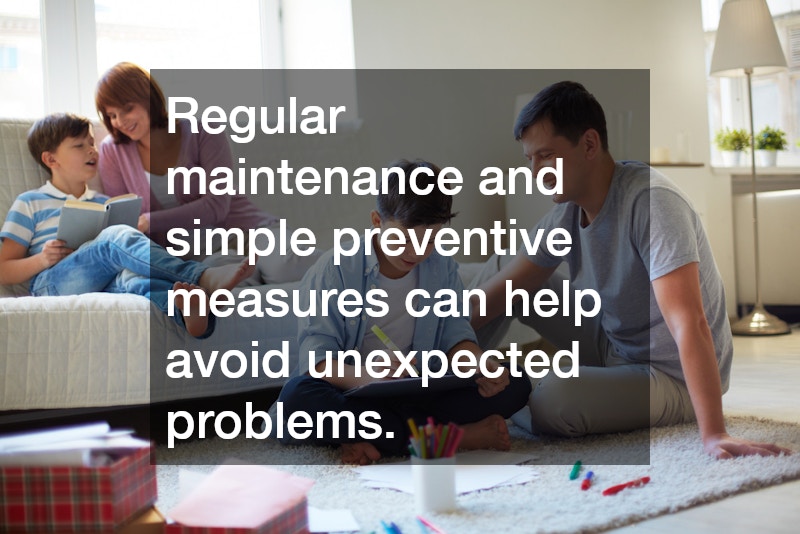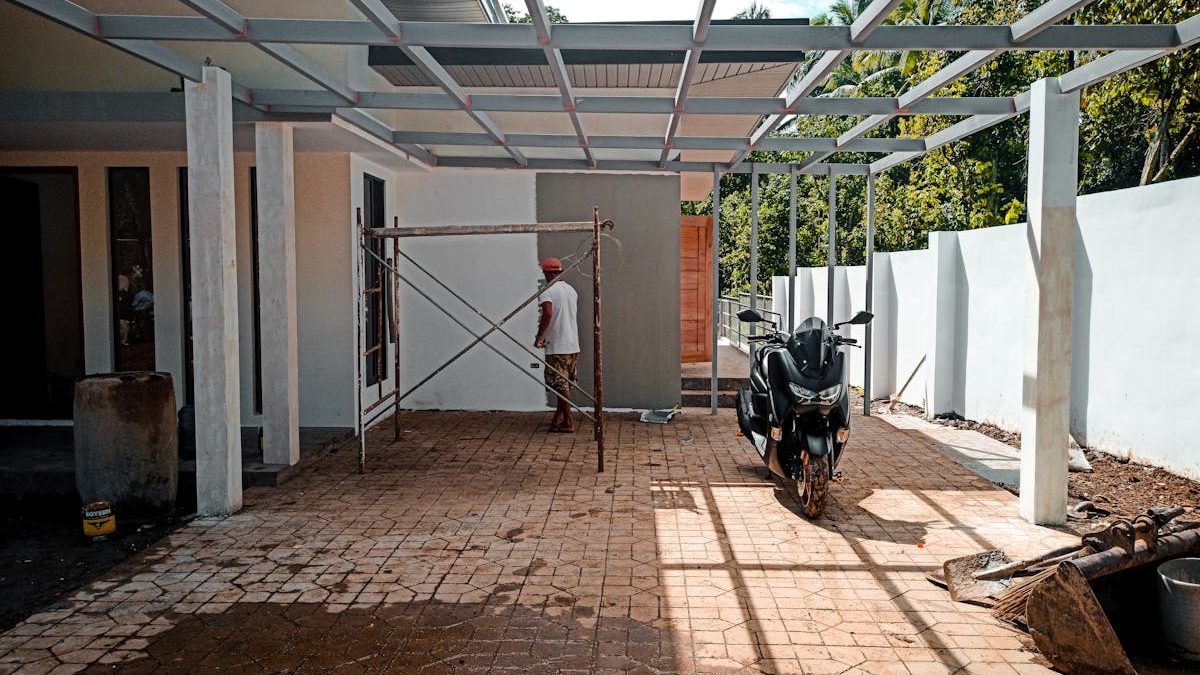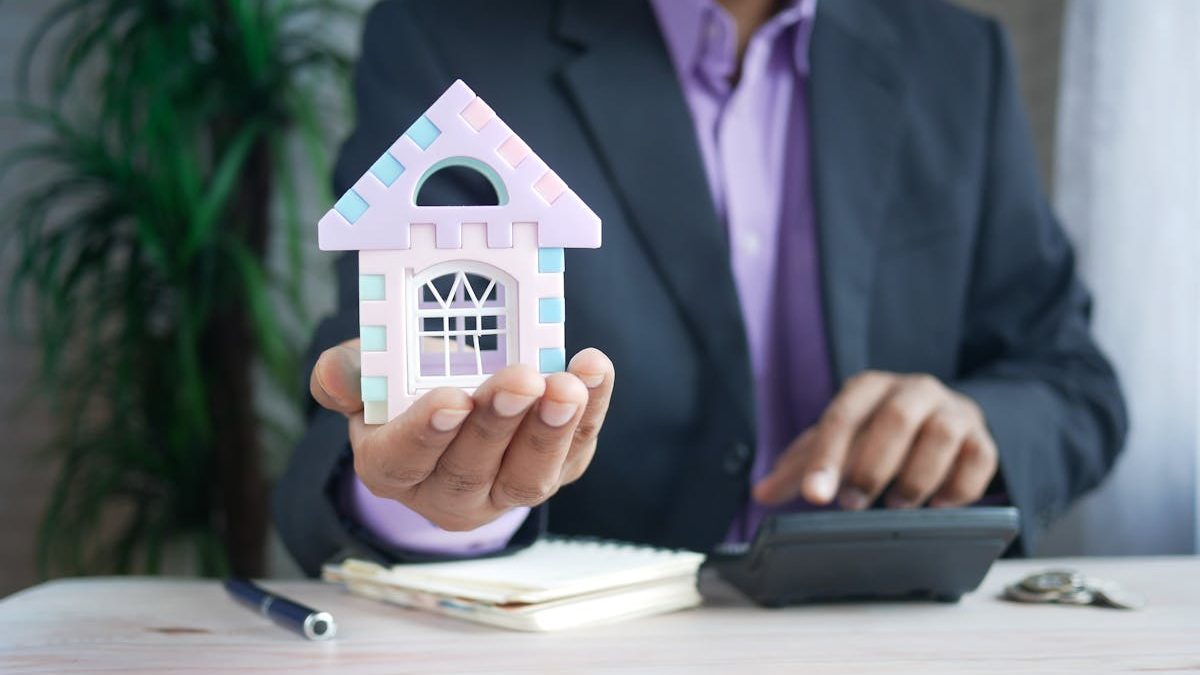
How to Prep Your Home for Winter A New Homeowners Guide
As a new homeowner, preparing your home for the colder months can seem daunting. However, with the right knowledge and a systematic approach, you can ensure that your home remains comfortable and efficient throughout winter. One of the most critical aspects of this preparation is ensuring that your heating systems, particularly your furnace, are in optimal condition to avoid costly emergency furnace repairs.
Inspect and Maintain Your Heating System
Your heating system is the heart of your home during the winter, keeping you warm and cozy when the temperatures drop. Begin your winter preparation by having a professional inspect your furnace.
Regular maintenance can prevent unexpected breakdowns and emergency furnace repairs, ensuring that your system operates efficiently.
A professional inspection typically includes cleaning the furnace, checking for leaks, and ensuring that all parts are functioning properly. If your furnace is older, it’s particularly important to keep an eye on its performance and efficiency. Catching small issues early can save you from costly emergency furnace repairs in the heart of winter.
Beyond professional maintenance, there are several things you can do yourself to ensure your heating system is ready for winter. For example, regularly changing your furnace filter can improve airflow and maintain indoor air quality. Additionally, keeping vents clear and unblocked will help distribute heat more evenly throughout your home.
Insulate and Seal Your Home
Insulation is key in maintaining a warm and energy-efficient home during the winter months. Check your attic, walls, and floors for adequate insulation. Proper insulation reduces heat loss, lowering your energy bills and reducing the strain on your furnace.
Sealing gaps and cracks around windows, doors, and other openings can drastically improve your home’s insulation. Use weather stripping and caulk to seal these areas, preventing cold drafts from entering your home. This not only keeps you warmer but also reduces the need for emergency furnace repairs by decreasing unnecessary wear on your heating system.
Another often-overlooked area is the basement or crawl space, which can also be a significant source of heat loss. Ensuring that these areas are properly insulated can make a big difference in your home’s overall warmth and efficiency. Even adding insulation around water pipes can help prevent freezing and potential damage.
Prepare Your Plumbing System
Frozen pipes can be a major issue during winter, leading to bursts and significant water damage. To prevent this, ensure that your pipes are properly insulated and protected from extreme cold. Insulating your pipes can be a simple project with a significant payoff in terms of avoiding costly repairs.
Leaving faucets dripping slightly during extreme cold can help prevent pipes from freezing. Moving water is less likely to freeze, reducing the chances of pipe bursts. It’s also a good idea to know where your main water shutoff valve is located in case you need to turn off the water quickly during an emergency.
Don’t forget to disconnect and store outdoor hoses before the first freeze. This simple step can prevent water from freezing in the hose and damaging the faucets. By taking these precautionary measures, you’re not only protecting your plumbing but also reducing the risk of unexpected emergency furnace repair needs due to water damage.
Emergency Preparedness
Despite the best preparations, sometimes emergencies can happen. It’s important to have an emergency plan that includes numbers for local professionals who offer emergency furnace repair services. Having these contacts readily available can save time and stress in the event of a heating crisis.
Equipping your home with essentials like blankets, non-perishable food, and flashlights in easily accessible locations can be invaluable during power outages. It’s also wise to regularly test and replace batteries in smoke and carbon monoxide detectors. These devices are crucial for safety, particularly when using alternative heat sources such as space heaters.
Understanding how to manually operate your furnace or knowing alternative heat methods can also be helpful during emergencies. In addition to repairing your system, professionals providing emergency furnace repair can give guidance on safely using your heating system in a crisis. Being prepared can minimize the impact of unexpected situations, keeping your family safe and warm.
Winterizing your home effectively requires a comprehensive approach that includes maintaining your heating system, insulating your home, preparing your plumbing, and planning for emergencies. Regular maintenance and simple preventive measures can help avoid unexpected problems and emergency furnace repairs. By implementing these strategies, new homeowners can ensure their homes remain comfortable and safe throughout the winter months.
.




